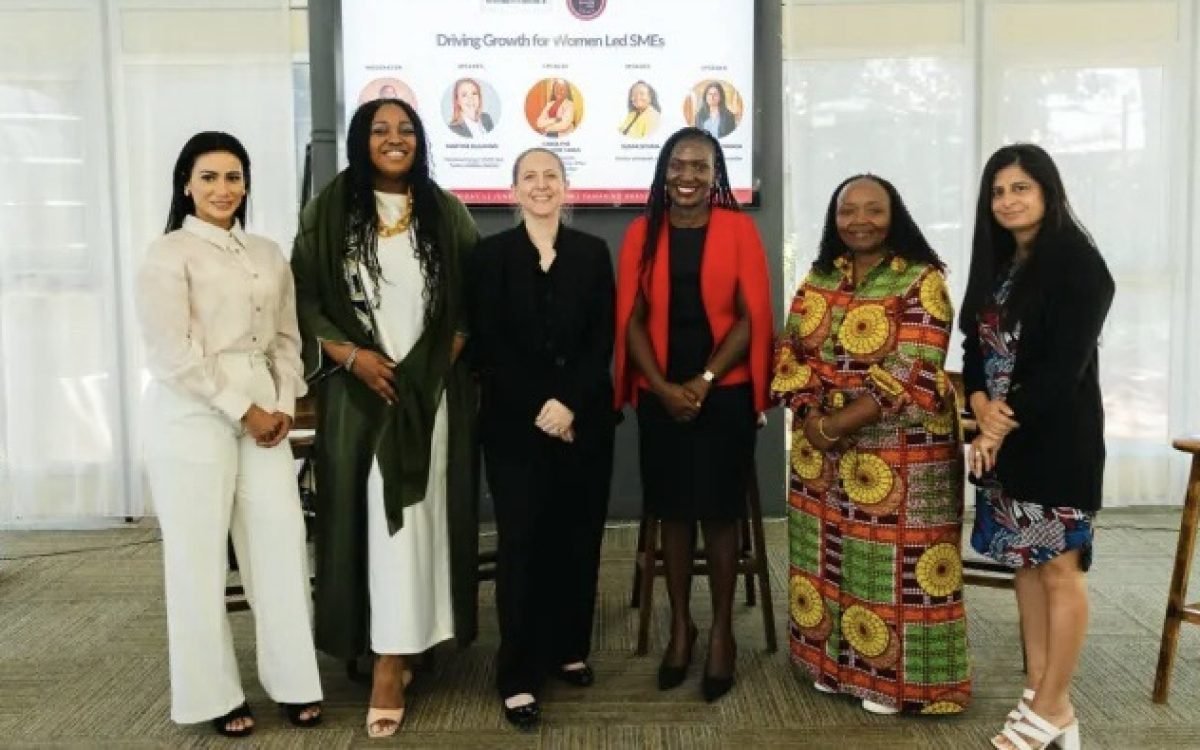In a powerful move toward inclusive development, women entrepreneurs in Kenya are taking center stage in redefining the nation’s economic narrative. A high-impact forum held recently in Nairobi brought together industry leaders, development partners, and change-makers who addressed the long-standing barriers holding back women-led small and medium enterprises (SMEs). The discussions revealed not just the obstacles, but also strategic pathways that could unlock a new era of economic potential led by women.
Funding: The Biggest Hurdle on the Road to Growth
One of the most pressing challenges discussed at the forum was access to finance. The statistics are striking—only 7% of women-owned micro, small, and medium enterprises (MSMEs) in Kenya have formal access to funding. This gap in financial access continues to limit how far women can grow their businesses and scale their impact.
Many women entrepreneurs rely on informal loans or personal savings, which often fall short of the capital required for business expansion. The forum called attention to the need for alternative financing models, such as:
Microfinance institutions Government-backed grants Angel investments tailored for women Crowdfunding platforms geared towards women-owned ventures
Susan Situma, Director of Programs at Africa Enterprise Challenge Fund, offered a crucial piece of advice:
“Not all funding is good funding.”
She stressed the importance of strategic, informed financial decisions. Women entrepreneurs must go beyond seeking capital—they need to understand their business environments, build systems that foster trust, and choose investors who align with their long-term goals.
Structured Systems: Building Trust and Attracting the Right Investment
What makes funding accessible isn’t just a great idea—it’s a structured, reliable system that investors can believe in. Many women-owned businesses in Kenya operate informally, making it difficult to meet due diligence requirements set by banks and investors.
The forum pushed for the creation of robust, transparent business structures:
Registering businesses formally Maintaining proper financial records Drafting growth strategies and pitch decks Engaging with legal and accounting support
These steps not only increase visibility but also build investor confidence, which is often the deciding factor in securing funds.
The Role of Strategic Networking in Scaling Success
Another key insight from the Nairobi forum was the power of networking. For many women entrepreneurs, isolation is a silent barrier—they work in silos, disconnected from the broader business ecosystem.
The panelists encouraged women to:
Join women-focused business associations Participate in industry forums and events Seek mentorship from experienced entrepreneurs Collaborate with others in their sector
Why does this matter? Because investors and partners are more likely to support systems they trust, and trust is often built through community visibility. Being part of credible networks not only increases access to funding but also brings opportunities for procurement, partnerships, and advocacy.
Community as Currency: Why Relationships Matter
In Kenya’s fast-changing economic landscape, community networks are emerging as a new form of currency. These relationships offer support that goes far beyond business connections—they create an environment where women are seen, heard, and included in national growth conversations.
The forum emphasized that intentional inclusion is not just a buzzword. It’s a strategy. By making room for women in procurement, supply chains, and leadership boards, the nation benefits from their contributions in real and measurable ways.
Panelists noted that:
Mentorship from successful women can accelerate learning Business partnerships increase access to new markets Shared resources can reduce costs and foster innovation
Women don’t just need capital—they need ecosystems that empower and sustain them.
The Future Is Female—and It’s Local
The energy at the Nairobi forum made one thing clear: Kenyan women are no longer waiting for doors to open—they’re building their own. But they need the tools, policies, and partnerships to succeed.
This isn’t just about gender equity. It’s about economic logic. Women reinvest up to 90% of their income into their families and communities. When women thrive, entire regions experience upliftment in health, education, and local development.
Supporting women entrepreneurs in Kenya is not a charitable cause. It’s an economic strategy that’s both practical and transformative.
As these entrepreneurs continue to break barriers and build networks, they are shaping a future where women are not just participants in the economy—they are leading it. And if the Nairobi forum is any indication, the revolution has already begun.






